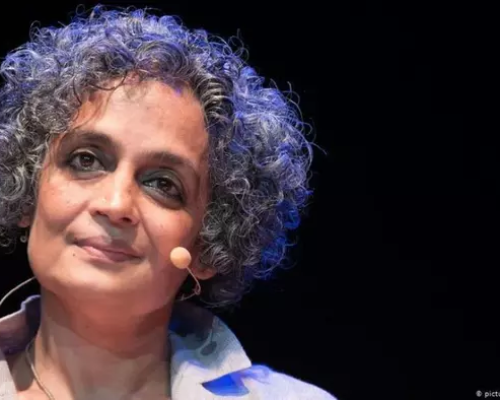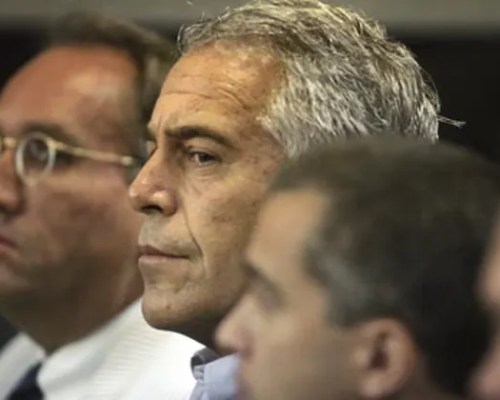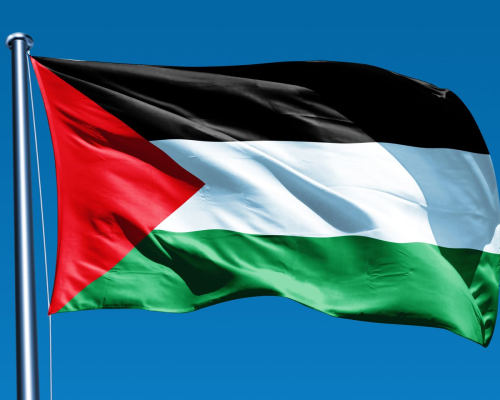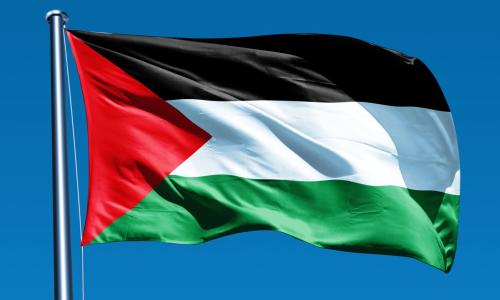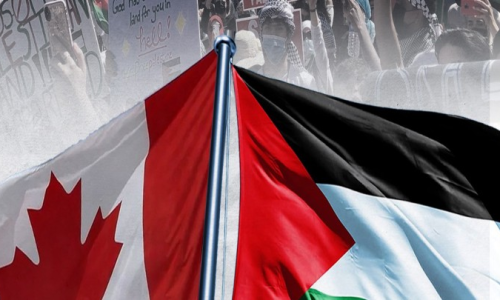By Taghreed Saadeh
Dr. Ghassan Al-Khatib is one of the most prominent Palestinian figures combining academic, political, and media work. He has held multiple positions within the Palestinian Authority, including Minister of Planning and Minister of Labor, and served for many years as its official spokesperson. In addition, he played an active role in negotiation tracks with Israel and participated in shaping Palestinian positions during pivotal moments in the history of the conflict. He is also a lecturer at Birzeit University, one of the most important Palestinian universities.
“Zaytoun News” met with Dr. Al-Khatib amid the worsening situation in Gaza and the West Bank and the declining political horizon. The interview was as follows:
How have your experiences as a politician, academic, and media figure influenced your understanding of peace and negotiations? And how do you assess the Palestinian situation today?
Through my experience, I realized that every conflict has two dimensions: the field and political negotiations. The question is not whether we negotiate or not, but how and when we negotiate. This is what we witnessed in different stages of our history, from the Executive Committee led by Mousa Kazem Al-Husseini, through the Arab Higher Committee and the Palestine Liberation Organization, to the current situation with Hamas. The best negotiation experience was in Madrid and Washington under Dr. Haider Abdel Shafi, distinguished by its timing after the first Intifada and its transparency before the public eye.
And how do you assess the current Palestinian situation?
The situation is difficult for three reasons: first, the decline of Arab and regional support compared to the past; second, the convergence of Netanyahu and Trump, which created an unfavorable international reality; third, our internal weakness due to the gap between leadership and the popular base, in addition to the influence of regional tensions on our internal political reality.
Do you see any solution to what is happening in Gaza? Is a ceasefire possible?
I do not see a near term solution. We might witness a temporary ceasefire or a prisoner exchange, or perhaps not, but all of this will not change the Israeli plan aimed at imposing permanent military control over the Strip, destroying it, and pushing as many of its residents as possible to leave. So far, nothing hinders them from doing so.
Will Netanyahu allow the Palestinian Authority to return? How do you see the situation the day after a ceasefire?
Netanyahu will not allow the Authority to return. He may open the door for third parties to assist in managing civil affairs, but under Israeli military rule. Practically, Israel has become entangled and will become more so in the Gaza quagmire. This is a war with no “next day,” because its goal is to complete permanent control and reduce the Palestinian population.
Did the Palestinian Authority handle the war properly?
The Authority was concerned with not giving Israel an excuse to replicate the Gaza experience in the West Bank. All its options were limited due to its absence from Gaza, but it could have acted diplomatically and legally more actively and earlier. The example of Ambassador Hossam Zamlout in the UK illustrates what I mean, a proactive and effective speech that leveraged the image of the Gaza massacre to influence global public opinion and push Britain toward recognizing the State of Palestine.
Where are things heading politically in Palestine?
In the West Bank, Israel is seeking to end the Authority’s presence because it symbolizes Palestinians’ right to a state according to international legitimacy, and the lack of Arab or international financial aid facilitates this. In Gaza, the situation is heading toward permanent Israeli military control, meaning no influence for Hamas or Fatah.
Do you think Palestinians and Israelis might sit together for negotiations, or is it impossible under Netanyahu?
I do not see that as possible. Israel has changed radically; there is not even a minority willing to discuss ending the occupation or dealing with the PLO as a political partner. Reality is heading toward an apartheid state from the river to the sea.
You are part of international initiatives to support the Palestinian cause, especially academically. Can you describe these initiatives and their impact?
We are witnessing unprecedented momentum in academic and popular circles due to Israeli crimes in Gaza. The new aspect is that these initiatives see themselves as partners in confronting the genocide, not merely as supporters. Thinkers, academics, and important elites participate, in addition to a prominent Jewish presence exposing the Zionist discourse that attempts to label these movements as anti-Semitic.
We notice a shift in European positions among governments and societies. What is your view of the European role, and what is needed to stop the Palestinian bloodshed?
The greatest hope is from Europe. Popular movements are ahead of governments, which are still trapped by the “moral obligation” toward Jews after World War II. But Israel’s current behavior has fractured this relationship, and it must be seriously exploited. This also applies to countries like Australia, New Zealand, and Canada.
How do you see the September conference and the expected recognition of more countries of the State of Palestine? Does it provide real support?
I view it positively. While it may not directly change Gaza’s reality, it constitutes an important political and legal accumulation that can be built upon to impose sanctions and boycott Israel. The French-Saudi partnership in organizing the “Two-State Solution” conference is a model for Arab-European cooperation that can be further developed.
Observers say that Arabs, for the first time, are supporting the Palestinian cause with momentum. What is your opinion? Was the Arab role adequate, and is the balance really shifting in favor of Palestine?
Positions vary, but important countries like Saudi Arabia and neighboring states such as Jordan and Egypt have shown positive and firm positions, stemming from awareness of threats to their national interests and empathy from their peoples with Palestinians. Moreover, the recent normalization experience exposed the Israeli supremacist mentality, making many Arab states more cautious in dealing with Israel.


